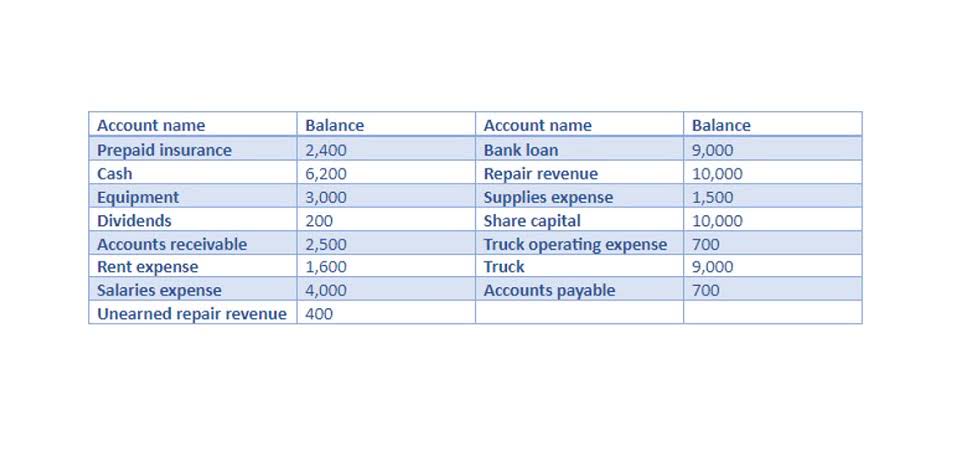
Most small businesses have more basic accounting needs, which means cash basis is often the right fit. The method you use depends on what you need from your business finances. Cash basis is simpler and easier to stay on top of, while accrual offers greater insights for more detail-oriented business owners. The preparation of such summarized financial statements is frequently the ultimate aim of keeping records and classifying them.

Preparing Financial Statements

It’s useful for small businesses and freelancers who don’t have the resources to hire an accountant or bookkeeper. Besides, this frees up time so you can focus on running your business smoothly. Check out our recent piece on the best accounting software for small businesses. Accounting is the process of recording, classifying and summarising financial transactions.
What is the simplest accounting software?
You may not be planning to court investors or sell your business right now, but it’s a good idea to leave your options open. And the best way to do that is to put a proper accounting system in place now. Whenever you’re trying to figure out how to increase your margin bookkeeping services in sacramento or deciding if raising prices is a good idea, you’re doing cost accounting. Financial statements are reports that summarize how your business is doing financially. In this post, we’ll cover the basics of accounting, from budgets to other accounting functions.

Prospective Investors
- For a small business, accounting involves tracking money flow in various forms, including operating expenses (e.g., marketing, utilities, rent), cost of goods sold, accounts receivable and sales.
- At larger companies, there might be sizable finance departments guided by a unified accounting manual with dozens of employees.
- We are surrounded by business – from managing our own money to seeing profit statements of big corporations.
- For example, during the Roman Empire, the government had detailed records of its finances.
- He invested $100,000 of personal savings to start the company’s operations.
Summarising is the art of making the activities of the business enterprise as classified in the ledger for the use of management or other user groups i.e. Summarisation helps in the preparation of Profit and Loss Accounts and Balance sheet for a particular fiscal year. Accounting information is not without personal influence or bias of the accountant. In measuring income, accountant has a choice between different methods of inventory valuation, deprecation methods, treatment of capital and revenue items etc.
- Refunds are often the result of miscalculated quarterly estimated tax payments.
- Financial accounting is governed by accounting rules and regulations such as U.K.
- Solid accounting gives you complete, accurate financial records, which reduces your risk of breaking tax laws and the chance of an audit.
- Accounting provides businesses with valuable information to make informed decisions.
- Accounting as a whole is a more comprehensive process that involves not just keeping financial records but interpreting them to draw dynamic conclusions that impact real-world decisions.
- Whether you run a small business or an enterprise, accounting plays a key role in financial management.
Is there any other context you can provide?
Tax accounts balance compliance with reporting rules while also attempting to minimize a company’s tax liability through thoughtful strategic decision-making. The history of accounting has been around almost as long as money itself. Accounting history dates back to ancient civilizations in Mesopotamia, Egypt, and Babylon. For example, during the Roman Empire, the government had detailed records of its finances. However, modern accounting as a profession has only been around since the early 19th century. Accounting information exposes your company’s financial performance; it tells whether you’re making a profit or just running into losses at the end of the day.

Accounting vs. bookkeeping
Helpful in the Determination of Financial Results
- Accounting is the process of recording financial transactions pertaining to a business.
- To help, we’ll detail what you need to know about the basics of accounting.
- Accrual accounting recognizes the impact of a transaction over a period of time.
- On the recommendation of the American Institute of CPAs (AICPA), the FASB was formed as an independent board in 1973 to take over GAAP determinations and updates.
- A certified public accountant (CPA) is a type of professional accountant with more training and experience than a typical accountant.
- Comparison of past and present statements and reports, use of ratio analysis and trend analysis are the different tools of analysis and interpretation.